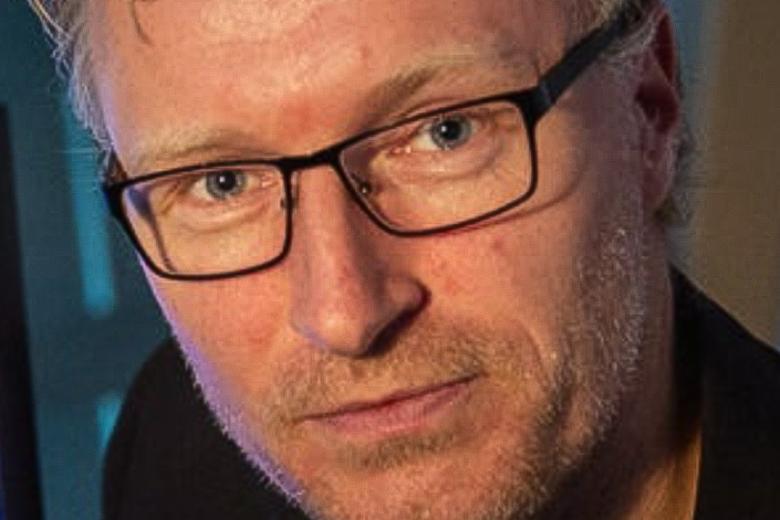Open medical institute public health law seminar 2019
We had the honour of being selected to represent Maastricht University at the annual Public Health Law seminar run by the Open Medical Institute in partnership with the Austrian-American Foundation and Maastricht University (academic partner) in Salzburg, Austria, over the last week.
We had the honour of being selected to represent Maastricht University at the annual Public Health Law seminar run by the Open Medical Institute in partnership with the Austrian-American Foundation and Maastricht University (academic partner) in Salzburg, Austria, over the last week.
The experience was one-of-a-kind! From an academic and practical view, what we enjoyed the most was how it was not a typical seminar conference where great knowledge is imparted with little discussion but rather this seminar allowed us to apply the new knowledge we gained immediately to real public health problems thus reinforcing the concepts taught. From a people-centred and value-based view, we had the opportunity to interact and have discussions with amazing professionals associated directly and indirectly with health and public health (doctors, lawyers, professors, researchers) thus exposing us to a vast network of connections from around the world.
Main takeaways from this seminar:
The careful use of frameworks to create more structure in the often ‘messy’ field of public health law and the importance of public health law in the daily work of a public health professional.
Intercultural exchange through not only the sharing of knowledge on public health policies and challenges of specific countries, but also learning about other cultures, languages and really listening to each other. Moreover, it allowed us to understand the importance of law and its link to health policies. Many citizens and professionals nowadays do not want anything to do with law because they assume that it is very complex. Thus enabling us to realize how accessible and essential law is to public health practice, as well as how we can integrate it, through the 5 services.
The importance of ethics in public health was highlighted by some of the speakers and practical examples evolved into a very fruitful discussion and gave us an exemplary idea of how to integrate these considerations in our future profession. Therefore, all the different topics of this seminar gave us food for thought that we could use to nurture our reflections about public health issues.
Lastly, we had several insights concerning leadership. First was about what is leadership in a public health setting, but also what it means in terms of personal development. We realized how crucial it is to develop ourselves as leaders, not to access power, but rather to stimulate others and to make the right decision in the relevant context. The group work we were assigned in the seminar gave us the opportunity to experience having to work in a team with people coming from different disciplines, different backgrounds (ages and countries). There was a need for strong and directed leadership skills, which in turn is essential to make great achievements in public health.
Maastricht University Masters of Public Health in Governance and Leadership Representatives:
Salonee Nemade
Sarah Plank
Sarah Gradl
Eliza Zantema
Camilla Johannessen
Juliette Garnier
- Kasia Czabanowska taught on Connecting EPHOs and PHL Essential Services as well as on How to Develop a Case. She was a member of the Expert Panel on Integrating Law, Ethic and Policy.
- Peter Schröder-Bäck taught on Implications of Public Health Ehtics for Policy and Practice.
- Timo Clemens taught on Support & Group Work Instructions.
Also read
-
More than a student job: five alumni about their unique role in groundbreaking vascular research
What is it like to take part in cutting-edge vascular research as a student, standing in the operating room, directly responsible for handling patient material? Five alumni of the Maastricht MAPEX student team share what they learned, the challenges they faced, and how this experience shaped their...

-
Jolijn: “During the day I study medicine. In the evening, I am on stage singing and dancing”
During the opening of the academic year, Jolijn van Vugt was singing and dancing on stage at Theater aan het Vrijthof. As a performer, to be precise. The 21-year-old medical student manages to combine her studies with singing and dancing at an advanced level. She dances at the Oxygen dance school in...

-
Moles in your living room: using augmented reality in neurorehabilitation
How can you use digital moles to help patients with Parkinson's? Melvyn Roerdink explains.
